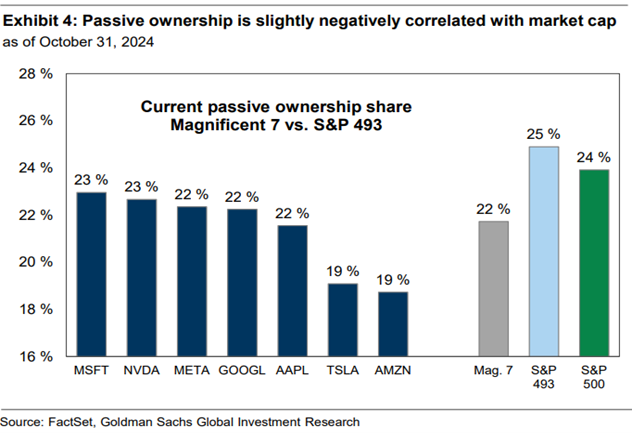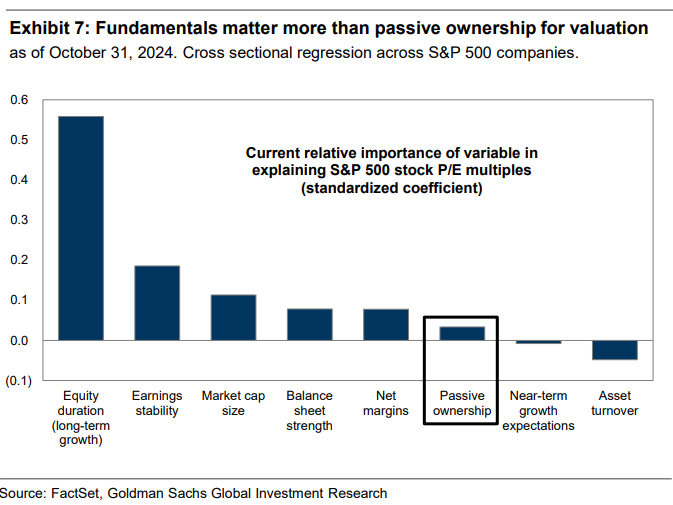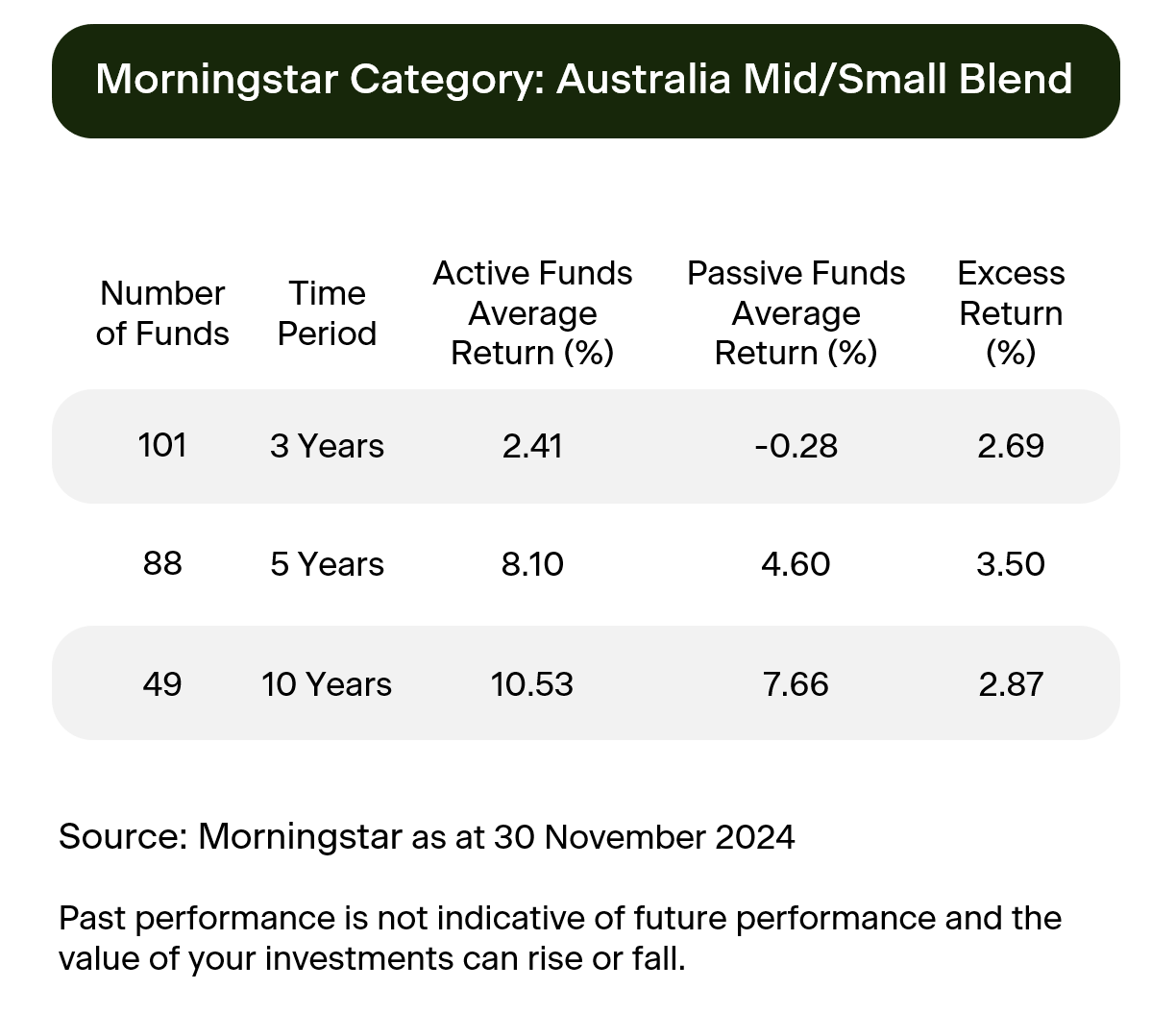Adapt or die - a message for the active funds management industry
The past five years should have been a wonderful period for the owners of international fund managers. The MSCI World Index has almost doubled. Institutional and retail investors have been steadily increasing their allocations to global equities. Yet the ASX’s two highest-profile global managers, Platinum Asset Management and Magellan Financial Group, have both experienced 80% share price falls since the end of 2019.
While there are company-specific issues at both companies, they are also emblematic of issues facing the wider active funds management industry. I thought about calling them canaries in the coal mine. But that would be an understatement. Smoke is billowing out of the mine and the fire engines have arrived.
In the US, more than US$3 trillion has been redeemed from actively managed funds over the past decade and almost the same dollar amount invested in index funds. There is now more money in aggregate invested in passive than active (in total, managed funds are roughly half the US market, with the remainder made up by direct retail, hedge funds and founders/insiders).
Plenty of active managers seem to think some sort of reversal is just around the corner. They are dreaming.
Passive myths
Every year of underperformance by large-cap active funds ends with the predictably self-serving forecasts of a looming crisis caused by the rise of passive funds. Unfortunately for them (and fortunately for investors), there isn’t much evidence for their theories.
Most arguments against low-cost index funds start with the incorrect premise that actively managed funds were actively managed. The large majority of money was with behemoths like Colonial First State and AMP, where active meant being underweight BHP by 0.5%. They were passive funds charging active fees.
There are anomalies in today’s market, like the Commonwealth Bank of Australia trading at 27 times earnings, where index fund flows seem like a logical explanation. But why hasn’t CSL benefited to the same degree? By construction, the index funds aren’t playing favourites - every dollar that flows in gets allocated equally across the index.
Research from Goldman Sachs dispels several myths about the impact of passive investing on markets. A few fun facts for you.
There is no correlation between passive ownership and superior stock performance (the Magnificent Seven, which have driven so much of the US’s superior stock performance, have lower passive ownership than the market as a whole).

Stock price performance has become less correlated than it was, the opposite of what you would expect if passive flows were lifting all boats.
And fundamentals—predominantly long-term growth and earnings stability—still explain almost all of a company’s price-to-earnings multiple. You can argue about whether these multiples are too high, but if it is passive flows causing the problem, then the stocks with more passive ownership should be more expensive. There simply isn’t any evidence for that.

An efficient market needs some market participants with a view on valuation, but there are clearly enough hedge funds, private investors and private equity funds to keep the market efficient enough.
There will be bubbles as investors get too optimistic about equity markets. Those bubbles will implode when those same investors get disappointed and choose (or are forced) to sell their investments at the worst possible time. But we had all of that prior to the rise of the index funds.
They might be the medium through which the next bubble unfolds, but they won’t be the cause of it—and at least they are a lot cheaper than the medium that came before them.
Index funds are predominantly good for the world, and their share will only continue to grow.
I run an active funds management business. None of this is good news for my business. Pretending it isn’t happening, though, isn’t going to change reality. It is fascinating watching an industry full of people ruthlessly dispassionate about the demise of other sectors struggle to accept the threats facing their own businesses. Like the taxi industry when Uber came along, we have a choice. We either up our game and provide a service the passive funds can’t compete with, or we cry out for regulation and let the taxi get even smellier. The former is the only sustainable long-term option.
Small and countercyclical
You know you are getting old when all of your Christmas social catch-ups end up discussing the worrying state of today’s youth. The worries are overblown - every generation thinks the ones that follow it are useless. And we have two wonderful, hard-working, intelligent, seemingly happy twentysomethings at Forager. Either these two have slipped through the cracks, or plenty of them are alright.
It is true, however, that mental health and stress are a growing problem for young people. Talking to the older people in my life, less expectation definitely led to lower stress for previous generations. Work hard, pay off the mortgage, raise a family and call your life a success. Today’s young people want and expect a lot more, and social media pressures them to prove their success to the world.
While it is causing stress for many, the rise of index funds provides a simplicity to our purpose that is like living in the 1960s. There are not many things left that index funds don’t do well. Big blue chips at a very low cost were the first thing to go. Now you can also replicate quality, growth, value, and dozens of other factors in low-cost index funds.
We’re left with two clear areas where we can add value, and the past year has given us plenty of examples of just how much value can be added.
Index funds work best in markets that are already relatively efficient and where the value of stocks traded is high. The less efficient the market, the more value there is for active fund managers.
In stark contrast to large-cap funds, almost none of which have been able to outperform the index over a 10-year period, small and mid-cap managers have a strong track record of market outperformance in Australia. According to Morningstar data, the more than 100 funds categorised as mid/small have outperformed the ASX Small Ordinaries by 3.5% over the past five years and 2.8% over 10.
.png)
Identifying those smaller companies that can become future index constituents has been particularly fruitful, with Gentrack, RPM Global, Flutter and Ferguson providing wonderful returns to both Forager funds over the past year.
To keep winning at the small end of the market, fund managers need to be willing to stay small themselves.
The other significant area of value is capitalising on the pro-cyclical nature of index-fund investing. Again, this is not a dramatic change from how the world worked 20 years ago. Fund managers have always been willing to launch a new fund to capitalise on the latest investor fad. But the speed of launch for index funds—no track record required—and accessibility via online brokerage accounts and 24-hour trading make for more dramatic rises and falls.
The Betashares Crypto Innovators ETF, launched at the peak of cryptomania in 2021, had lost 86% of its value by the end of 2022. Despite a 142% return over the past 12 months, it is still down more than 30% on its launch price. These factor-driven flows can offer enormous opportunities for nimble investors who are willing to take the other side of the trade when panic and disappointment set in.
In the past five years, the PHLX Housing Sector Index (a US index of companies exposed to the US housing cycle) has halved, tripled, fallen 30% and doubled again. It is down more than 10% in the past month. We have our favourite structural winners in the sector, including Installed Building Products and Ferguson, but the sector’s surges and slumps in popularity are wild. When the index funds are suffering outflows, the quality of the business is irrelevant. We can add a lot of value by giving our clients exposure to the right factor at the right time, often when everyone else is overly pessimistic.
I’m sure the ‘60s and ‘70s weren’t as stress-free as people think today. Likewise, running small, nimble, actively managed funds will throw up plenty of challenges. If the largest stocks keep performing better than everything else, those challenges could come soon. But the role we need to play in our clients' portfolios is refreshingly clear - and it’s not charging them active fees for something they can get for free.
If you are interested in hearing more about active management in the small and mid cap stocks offered by Forager, you can register for our monthly and quarterly reports.
1 topic

.jpg)

.jpg)